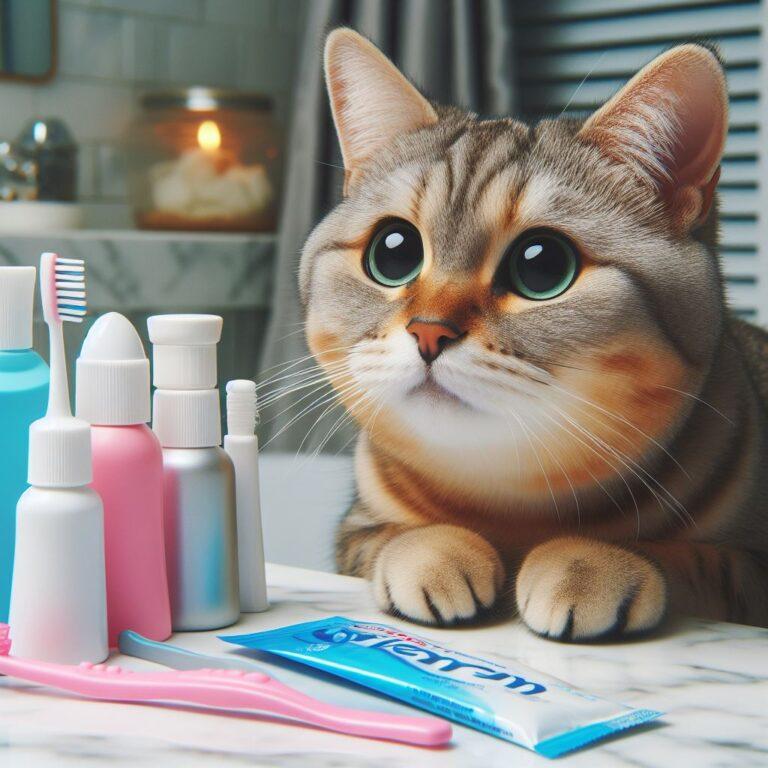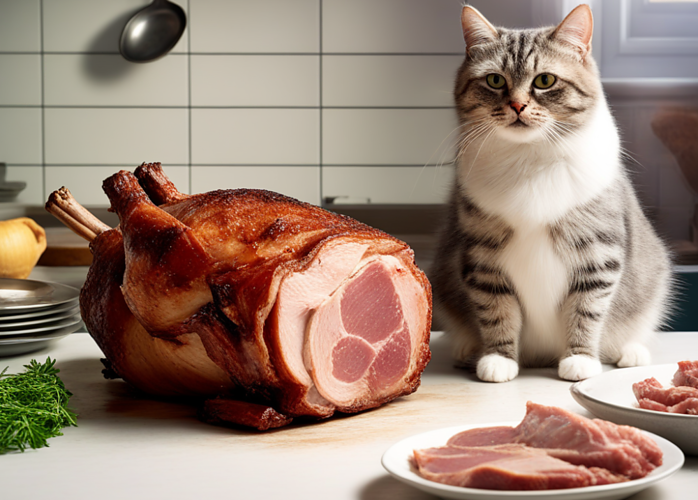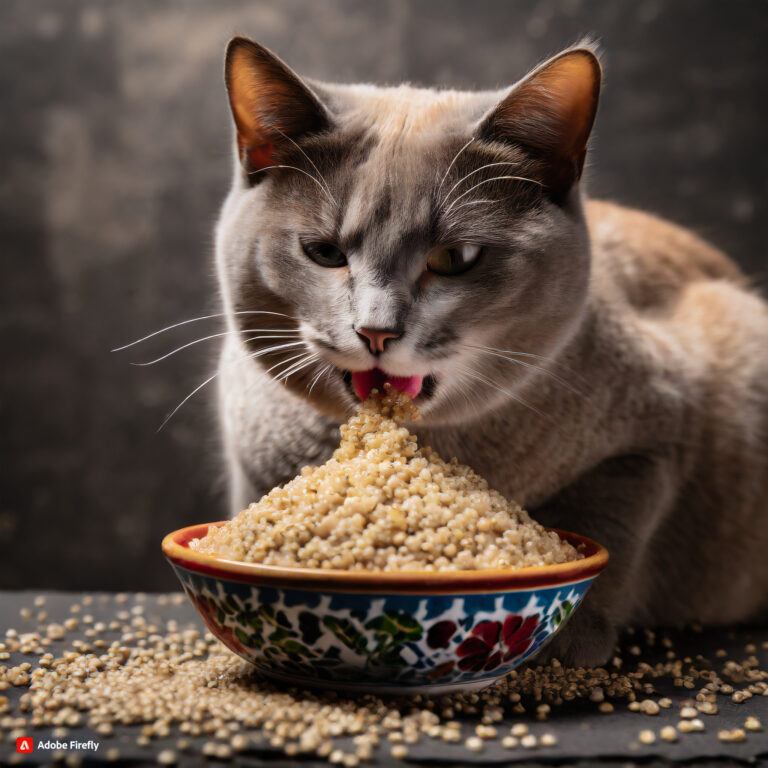Can Cats Safely Eat Spinach
If you’re wondering whether it’s safe to share that leafy green snack with your feline friend, here’s the short answer: YES, cats can safely eat spinach in small amounts. Understanding how this veggie fits into your cat’s diet is crucial for maintaining their health and well-being.
Spinach boasts a variety of vitamins and minerals beneficial for cats, such as vitamins A, C, and K, along with iron and antioxidants. These nutrients support a range of bodily functions, from vision and immune health to blood clotting.
Despite being obligate carnivores with a requisite need for protein, cats can derive certain health benefits from eating small quantities of plants like spinach.
It supplements their diet with additional nutrients, provided it’s given as part of a balanced meal plan.
However, spinach should never be a mainstay in a cat’s diet. Offer spinach sparingly to ensure it complements, rather than complicates, their nutritional landscape.
This brings us to consider the possible risks associated with spinach, which, as a responsible pet owner, you’d want to keep in mind.
Potential Risks of Feeding Spinach to Cats
Cats can enjoy spinach in moderation, but I must caution you about a few risks associated with it. First on the list are oxalates, natural compounds found in spinach that can affect feline urinary tract health.
While not an immediate hazard, in large amounts, these oxalates might contribute to the formation of bladder stones, particularly in cats with existing urinary issues.
Another point of concern is the possibility of allergic reactions or digestive disturbances. Like humans, cats can develop allergies to certain foods, which might result in symptoms like itching, swelling, or gastrointestinal upset.
And even if they aren’t allergic to spinach, too much of it could lead to digestive problems since cats are obligate carnivores whose digestive systems aren’t optimized for processing large quantities of vegetables.
This leads us to the principle of moderation. Just as we balance our diets, it’s crucial for your cat’s health to maintain variety and moderation in theirs. A tiny bit of spinach, finely chopped or steamed to aid in digestion, can be a nice treat – but it shouldn’t replace their regular meals or become a frequent menu item.
When introducing spinach or any new food to your cat’s routine, it’s best to start small. A gradational approach allows you to monitor their reaction and ensure no adverse effects occur.
It’s also wise to stick to safe, recommended doses, which your veterinarian can help determine based on your cat’s health, age, and nutritional requirements.
With these points in mind, it becomes clear that while spinach can provide some nutritional benefits, it needs to be offered thoughtfully and sparingly to ensure the overall well-being of your feline friend.
Healthy Ways to Incorporate Spinach into Your Cat’s Diet
If you’ve made the decision that a little spinach can be part of your cat’s eating plan, you want to ensure it’s done right. It’s crucial to start with SMALL AMOUNTS to see how your cat reacts.
Always wash spinach thoroughly to remove any pesticides or chemicals. Cooked spinach is often recommended over raw to aid in digestion and reduce the risk of any potential health issues.
Mixing a bit of spinach with your cat’s regular food is a good way to introduce it. This can help your cat get used to the taste and texture slowly.
Beyond spinach, cats may enjoy and benefit from other safe vegetables, like carrots or pumpkin, which can be introduced in a similar fashion.
Bear in mind, variety ensures a range of nutrients and minimizes the risk of overexposure to any single type of food, which could lead to health problems.
Finally, it’s wise to seek guidance from your vet. They know your cat’s health history and can provide tailored advice. A professional can ensure that any dietary changes align with your cat’s specific needs and health status.







